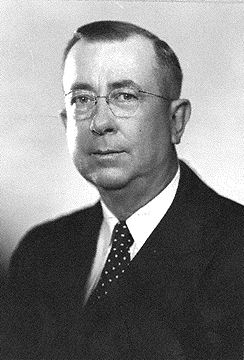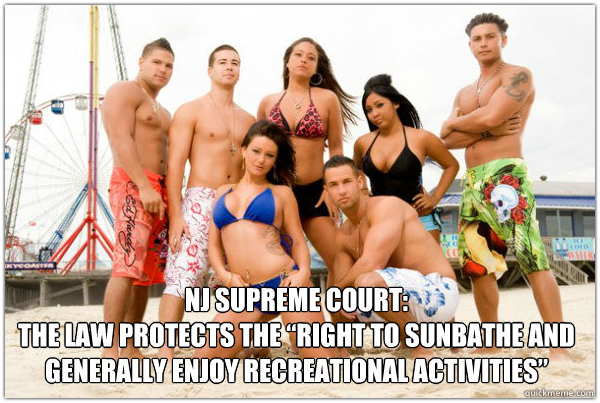Justice Thomas revealed some insights into how he writes opinions. Hint: he wants the average non-lawyer to understand.
“I think we do that with the opinions we write,” he said. “We write them in a way that they’re inaccessible to the average person.” With that fascinating segue, he explained the logic behind his writing
What I tell my law clerks is that we write these so that they are accessible to regular people. That doesn’t mean that there’s no law in it. But there are simple ways to put important things in language that’s accessible. As I say to them, the beauty, the genius is not to write a 5 cent idea in a ten dollar sentence. It’s to put a ten dollar idea in a 5 cent sentence.
That’s beauty. That’s editing. That’s writing.
The editing we do is for clarity and simplicity without losing meaning, and without adding things. You don’t see a lot of double entendres, you don’t see word play and cuteness. We’re not there to win a literary award. We’re there to write opinions that some busy person or somebody at their kitchen table can read and say, “I don’t agree with a word he said, but I understand what he said.”
He went on to recall a legal scholar asking why his opinions are 25% shorter, on average, that opinions by his colleagues. “I said, I think I would say it’s editing,” he said. “Editing, editing, editing. We do a lot of editing, and it’s very aggressive. We eliminate a lot of trivial nonsense. And I do not like cuteness in my opinions. You save that for your own stuff. It is all meat and potatoes.”
Indeed, I don’t know if a Justice Thomas opinion has ever been nominated for a Green Bag award.
I think Justice Scalia goes out of his way to add the “cuteness.”







